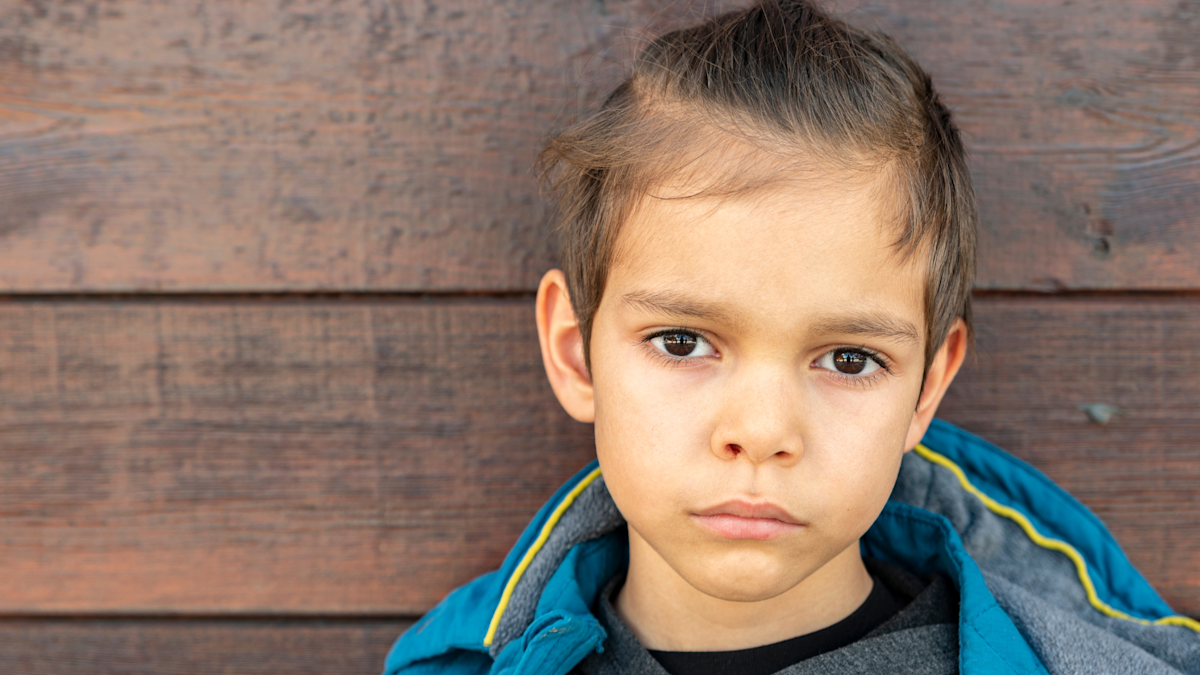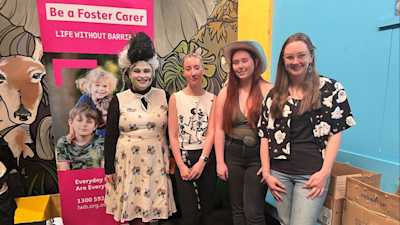Life Without Barriers applauds the ACT for history-making milestone and calls for other states and territories to follow suit.

Image: A young teenage boy with light hair smiles at the camera. Three people are blurred in the background.
As of 1 July 2025, the ACT Government has become the first Australian jurisdiction to raise the age at which a child can be held responsible for a crime. Children under of the age of 14 cannot be listed as a respondent to a protection order, including a family violence order or personal protection order.
These changes are in line with recommendations from some of Australia’s most respected medical and legal bodies, backed by research that shows exposing young children to the criminal justice system can be harmful and lead to a cycle of crime.
In 2019, the UN Committee on the Rights of the Child called on all countries, including Australia, to raise the age to 14. Life Without Barriers has been supporting the call to Raise The Age since it launched.
Tabatha Feher, Life Without Barriers’ Chief Advisor of Public Affairs and Advocacy, welcomes the changes that show the ACT Government has listened and heeded the advice of legal experts, policymakers, and health and children’s advocates.
“This is a wonderful milestone and an important first step in our mission to raise the age of criminal responsibility for children living right across Australia,” Ms Feher said.
“Numerous studies prove children’s cognitive and emotional development hasn’t matured anywhere near enough by age 13 to make rational decisions to a degree that renders them culpable for a crime under current Australian legislation.”
“Exposing them to the criminal justice system entrenches crime and tends to disproportionately impact First Nations families.”
Children who receive child protection services are nine times more likely to encounter the youth justice system, and Aboriginal and Torres Strait Islander children are 17 times more likely to be involved in both child protection and youth justice.

Image: A young boy stands against a wooden wall, looking at the camera.
While some other states and territories have made positive progress towards changing the relevant legislation, other states and territories are yet to take any action. Australia’s minimum age of criminal responsibility lags behind the rest of the world, with the global median age being 14-years-old.
Rather than being charged, young children will receive developmentally and culturally appropriate therapeutic support to help address the causes of their offending, and to understand the impact of their actions.
“These changes reflect evidence-based best practice and show that we don’t have to make a choice between community safety and children,” Ms Feher said.
“The ACT is leading the way, and we hope that other states and territories soon follow in those footsteps.”
Our focus must be on keeping families together, providing vulnerable children and young people with the support they need, and ensuring access to education, family, and community support, and meaningful opportunities.
Life Without Barriers will continue to advocate for the minimum age of criminal responsibility to be raised across the country to 14 years. We will also continue to promote and work with governments to embrace trauma-informed, person-centred care that prevents youth involvement in the criminal justice system.
What can you do to help?
Join the Raise the Age campaign and advocate for the age of criminal responsibility of children to be a minimum of 14 years old. Sign the petition.
Become an informed voter and advocate for greater public discussion on criminal justice law and policies that affect children.
Resources:
You can read more about the campaign here.
Access campaign resources here.
Watch In My Blood It Runs here.


